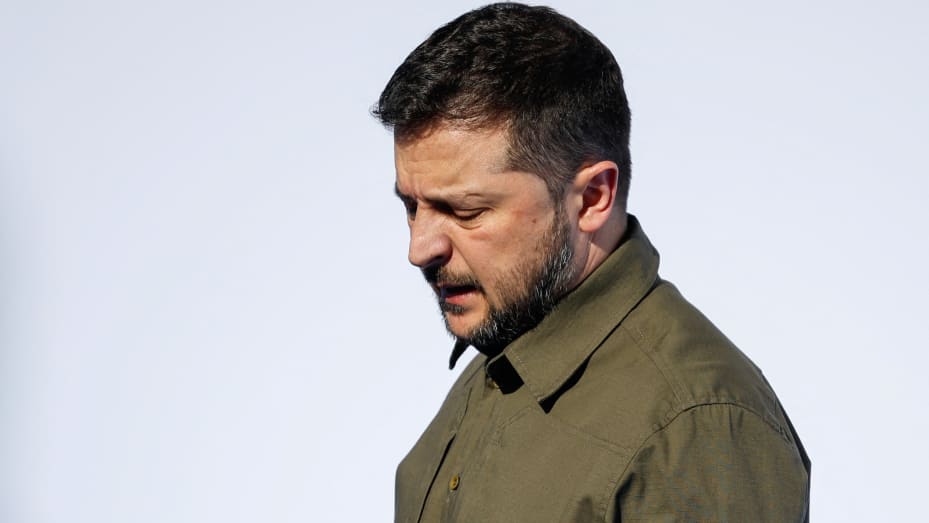Declaração final da Conferência sobre a Paz na Europa divulgada pelo Conselho Europeu
Joint Communiqué on a Peace Framework adopted at the Summit on Peace in Ukraine
The ongoing war of the Russian Federation against Ukraine continues to cause large-scale human suffering and destruction, and to create risks and crises with global repercussions for the world. We gathered in Switzerland on 15-16 June 2024 to enhance a high-level dialogue on pathways towards a comprehensive, just and lasting peace for Ukraine. We reiterated resolutions A/RES/ES-11/1 and A/RES/ES-11/6 adopted at the UN General Assembly and underscored our commitment to upholding International Law including the United Nations Charter.
This Summit was built on the previous discussions that have taken place based on Ukraine’s Peace Formula and other peace proposals which are in line with international law, including the United Nations Charter.
We deeply appreciate Switzerland’s hospitality and its initiative to host the High-Level Summit as expression of its firm commitment to promoting international peace and security.
We had a fruitful, comprehensive and constructive exchange of various views on pathways towards a framework for a comprehensive, just and lasting peace, based on international law, including the United Nations Charter. In particular, we reaffirm our commitment to refraining from the threat or use of force against the territorial integrity or political independence of any state, the principles of sovereignty, independence, and territorial integrity of all states, including Ukraine, within their internationally recognized borders, including territorial waters, and the resolution of disputes through peaceful means as principles of international law.
We, furthermore, have a common vision on the following crucial aspects:
1. Firstly, any use of nuclear energy and nuclear installations must be safe, secured, safe-guarded and environmentally sound. Ukrainian nuclear power plants and installations, including Zaporizhzhia Nuclear Power Plant, must operate safely and securely under full sovereign control of Ukraine and in line with IAEA principles and under its supervision.
Any threat or use of nuclear weapons in the context of the ongoing war against Ukraine is inadmissible.
2. Secondly, global food security depends on uninterrupted manufacturing and supply of food products. In this regard, free, full and safe commercial navigation, as well as access to sea ports in the Black and Azov Seas, are critical. Attacks on merchant ships in ports and along the entire route, as well as against civilian ports and civilian port infrastructure, are unacceptable.
Food security must not be weaponized in any way. Ukrainian agricultural products should be securely and freely provided to interested third countries.
3. Thirdly, all prisoners of war must be released by complete exchange. All deported and unlawfully displaced Ukrainian children, and all other Ukrainian civilians who were unlawfully detained, must be returned to Ukraine.
We believe that reaching peace requires the involvement of and dialogue between all parties. We, therefore, decided to undertake concrete steps in the future in the above-mentioned areas with further engagement of the representatives of all parties.
The United Nations Charter, including the principles of respect for the territorial integrity and sovereignty of all states, can and will serve as a basis in achieving a comprehensive, just and lasting peace in Ukraine.


